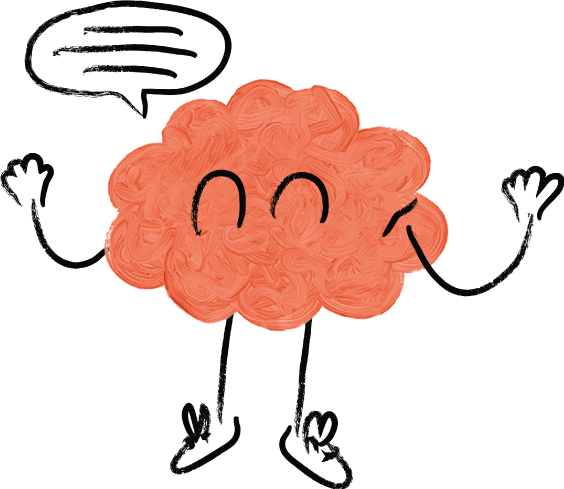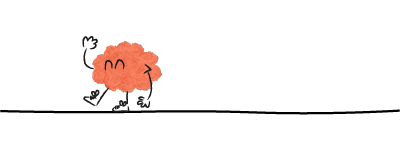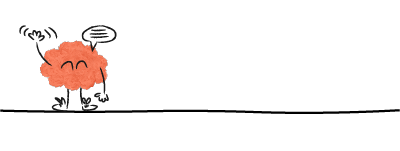As parents and carers we play an important role in teaching children and young people how to understand and manage their feelings as they grow up. It’s normal for your child to feel angry, sad, worried or stressed sometimes, however, if they’re struggling to cope with those feelings, they might need support.
Below contains a range of advice, guidance and resources for you to support your child with their feelings and behaviour, as well as mental health conditions and life events. You can also find instant access to Bolton’s service directory which will allow you to filter for services available for you or your child.







Across Bolton there are lots of services that can help support you, your friends’ and your families’ mental health and emotional wellbeing. Take a look at our directory to find out what is available.